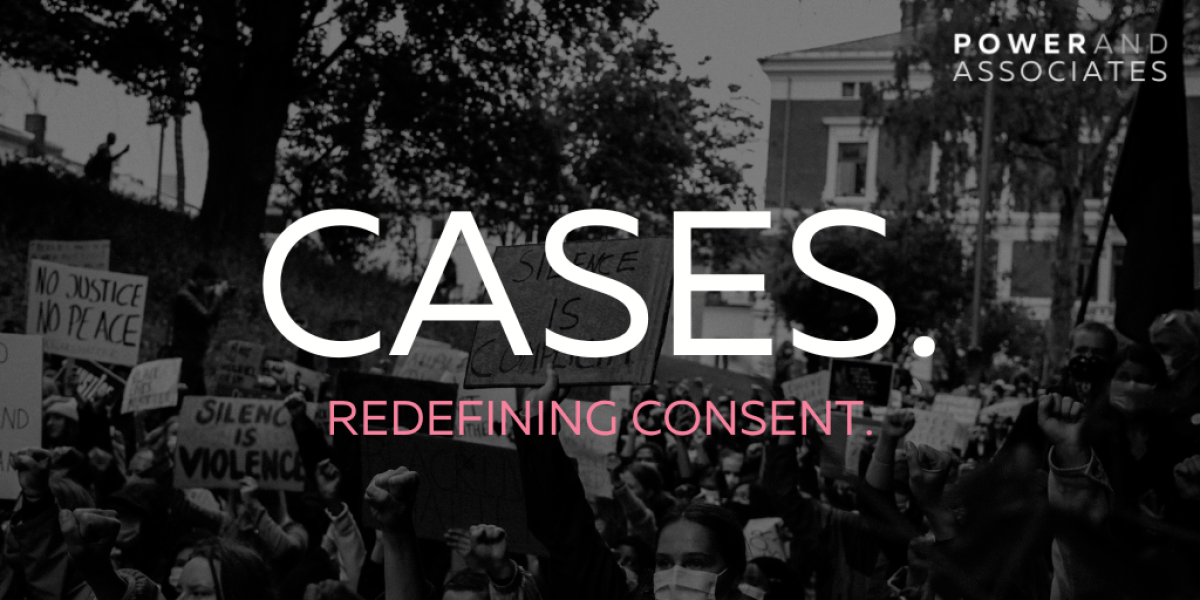UN Working Group rules on arbitrary and unlawful detention in Bahrain
Opinion No. 13/2018 concerning Nabeel Ahmed Abdulrasool Rajab (Bahrain)
UN body: United Nations Human Rights Council, Working Group on Arbitrary Detention
Date of ruling: 13 August 2018
*****
On 13 August 2018, the United Nations Working Group on Arbitrary Detention (Working Group) ruled that the detention of Nabeel Ahmed Abdulrasool Rajab was arbitrary and unlawful, on the basis inter alia that his detention arose from the exercise of his rights to freedom of thought, conscience and religion, and his rights to freedom of opinion and expression. Mr Rajab, a prominent human rights defender in Bahrain, was charged with spreading false news abroad, spreading false rumours in wartime, insulting government authorities, and insulting a foreign country.
Background
Nabeel Ahmed Abdulrasool Rajab, a national of Bahrain, is a prominent human rights defender in Bahrain who has been arrested, detained, prosecuted and released on multiple occasions since 2012 on charges relating to his human rights work. On 13 June 2016, Mr Rajab was arrested by Bahraini authorities and has since been held in detention pending the adjudication of the cases against him.
The charges against Mr Rajab relate to the following:
- Allegedly spreading false news abroad, which damages the national interest (article 134 of the Penal Code), in reference to television interviews that he gave in 2015 and 2016; and
- Allegedly spreading false rumours in wartime article 133 of the Penal Code), insulting governing authorities (article 216 of the Penal Code), and insulting a foreign country (article 215 of the Penal Code), in reference to comments made on Twitter in March 2015 alleging torture in Bahraini prisons and criticising the Saudi-led campaign in Yemen.
On 10 July 2017, the Third Circuit Lower Criminal Court found Mr Rajab guilty of spreading false news abroad and sentenced him to imprisonment. The court conducted multiple in absentia hearings, despite notice from Mr. Rajab’s doctors that he was recovering from surgery and would be unable to attend. Mr Rajab has allegedly been held in solitary confinement for long periods and subjected to ill-treatment during his periods of detention. Mr Rajab has been denied bail.
Mr Rajab’s conviction and sentence were subsequently confirmed by the High Criminal Court and the Court of Cassation. Mr Rajab has therefore exhausted all internal remedies.
The Working Group received the complaint from an undisclosed source. The Working Group transmitted the complaint to the government of Bahrain which did not respond to it.
Ruling of the Working Group
The Working Group noted that it applies a heightened standard of review in cases where human rights defenders are involved. With regard to the charges against Mr Rajab, the Working Group noted that the provisions of the Penal Code relied on to charge Mr Rajab are vague and overly broad, and conflict with the principle of legality. According to the Working Group, Mr Rajab’s deprivation of liberty is arbitrary, and falls within the following categories:
- Category 2, when the deprivation of liberty results from the exercise of the rights or freedoms guaranteed by articles 7, 13, 14, 18, 19, 20 and 21 of the Universal Declaration of Human Rights (UDHR) and articles 12, 18, 19, 21, 22, 25, 26 and 27 of the International Covenant on Civil and Political Rights (ICCPR). As stated by the Working Group, Mr Rajab’s detention arose from the exercise of his rights to freedom of thought, conscience and religion, and his rights to freedom of opinion and expression. According to the Working Group, the finding that Mr Rajab’s deprivation of liberty is arbitrary under category II means that no such trial of Mr Rajab should have taken place or should take place in the future.
- Category V, when the deprivation of liberty constitutes a violation of international law on the grounds of discrimination based on birth, national, ethnic or social origin, language, religion, economic condition, political or other opinion, gender, sexual orientation, disability, or any other status, that aims towards or can result in ignoring the equality of human beings. The Working Group noted that Mr Rajab’s political views and convictions are clearly at the centre of the present case, and that the authorities have displayed an attitude towards him that can only be characterised as discriminatory. Accordingly, the Working Group concluded that Mr Rajab’s deprivation of liberty constitutes a violation of article 2 and 7 of the UDHR and article 2(1) and 26 of the ICCPR, “on the grounds of discrimination based on political or other opinion, as well as on his status as a human rights defender – aimed towards and resulting in ignoring the equality of human beings”.
The Working Group noted that the present case is one of several brought before the Working Group in the past five years concerning the arbitrary deprivation of liberty of persons in Bahrain, in which the Working Group has found the Government of Bahrain to be in violation of its human rights obligations. According to the Working Group:
The Working Group recalls that, under certain circumstances, widespread or systematic imprisonment or other severe deprivation of liberty in violation of the rules of international law may constitute crimes against humanity.
In conclusion, the Working Group stated that Mr Rajab’s deprivation of liberty is in contravention of articles 2, 3, 7, 9, 10, 11, 18 and 19 of the UDHR and articles 2, 9, 10, 14, 18, 19 and 26 of the ICCPR, and is arbitrary and falls within categories II and V.
The Working Group therefore requested the Government of Bahrain to take the steps necessary to remedy the situation of Mr Rajab without delay and bring it into conformity with the relevant international norms, including those set out in the UDHR and the ICCPR. The Working Group stated further that, taking into account all the circumstances of the case, the appropriate remedy would be to release Mr Rajab immediately and accord him an enforceable right to compensation and other reparations, in accordance with international law.
The Working Group went on to urge the Government of Bahrain to ensure a full and independent investigation of the circumstances surrounding Mr Rajab’s arbitrary deprivation of liberty, and to take appropriate measures against those responsible for the violation of his rights.
In accordance with paragraph 33 (a) of its methods of work, the Working Group referred the matter to the Special Rapporteur on the Situation of Human Rights Defenders and the Special Rapporteur on the Promotion and Protection of the Right to Freedom of Opinion and Expression for appropriate action. Furthermore, the Working Group also referred the case to the Assistant Secretary-General for Human Rights of the United Nations to address the intimidation and reprisals against those cooperating with the United Nations on human rights matters.
The ruling is accessible here.
Please note: The information contained in this note is for general guidance on matters of interest, and does not constitute legal advice. For any enquiries, please contact us at [email protected].





